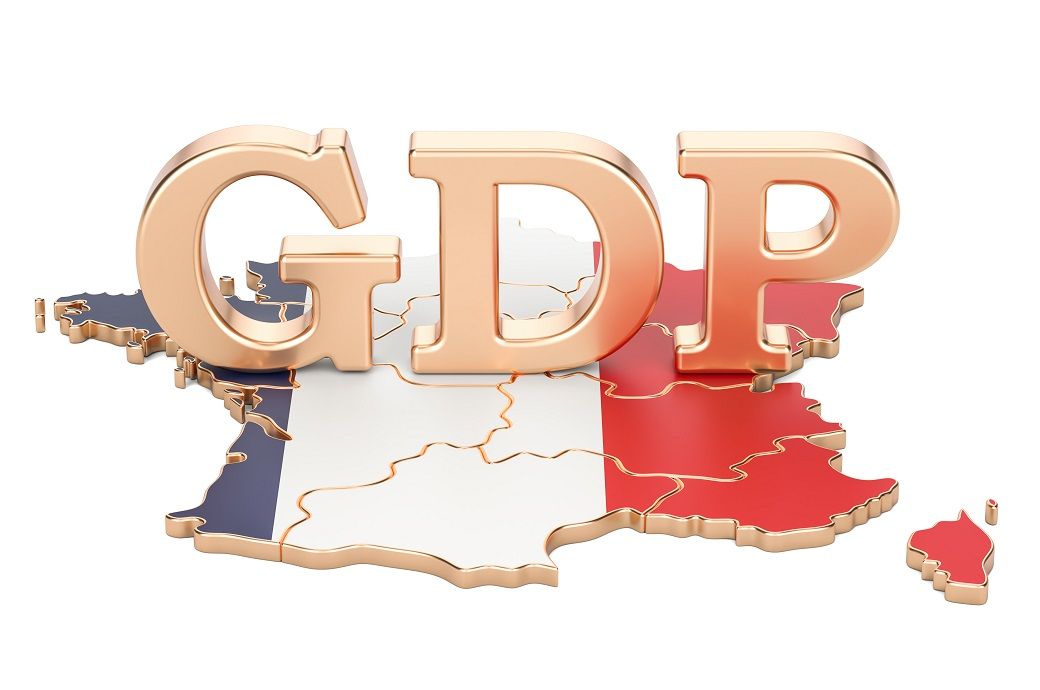
The slowdown is attributed to global trade tensions, weak external demand, market volatility, and persistent domestic uncertainty. Growth is expected to improve modestly to 1 per cent in 2026.
Despite subdued outlooks, the French economy demonstrated resilience in 2024, buoyed by the temporary economic lift from the Paris Olympics and a robust labour market. However, fiscal pressures persisted in 2024 due to lower-than-expected revenues, overspending by local governments and social security entities, and rising debt service costs, resulting in an expansionary fiscal stance despite efforts to control spending, as per the IMF.
IMF executive directors emphasised the urgency of strengthening public finances and advancing structural reforms. They backed the government’s fiscal consolidation plans but urged a credible package of additional measures and deeper coordination across central, local, and social security spending.
The IMF’s 2025 Financial Sector Assessment Program confirmed the strength of France’s banking sector, citing adequate capital and liquidity buffers. Directors praised ongoing efforts to improve financial oversight and incorporate climate and cyber risks into institutional governance frameworks.
To sustain long-term growth, directors stressed the need to boost productivity through better-targeted R&D spending, reduced regulatory burdens, and strengthened labour market integration, especially for women and migrants.
ALCHEMPro News Desk (HU)
Receive daily prices and market insights straight to your inbox. Subscribe to AlchemPro Weekly!